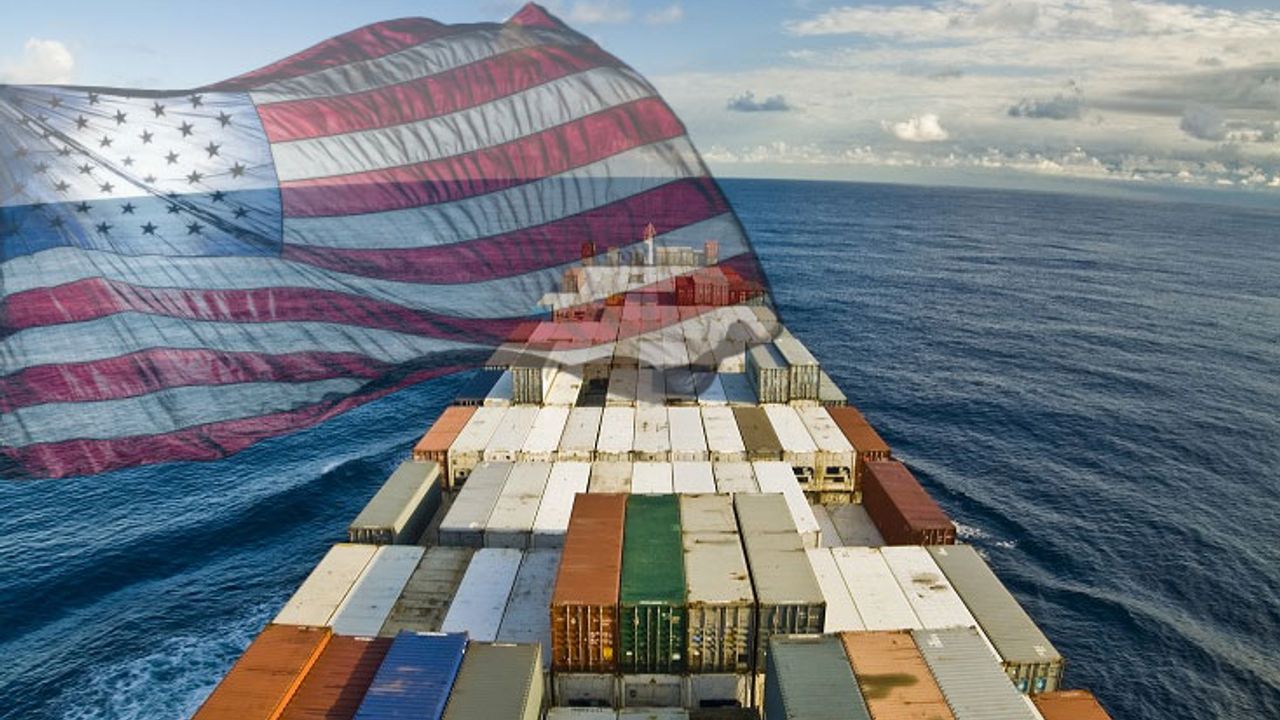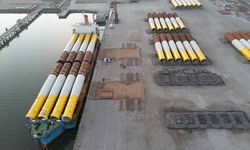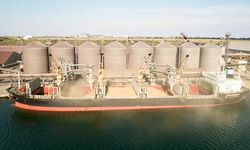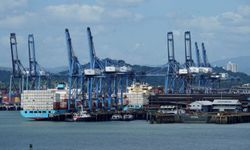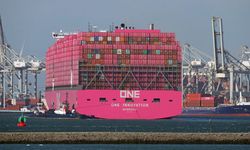The World Shipping Council (WSC) has expressed strong opposition to the United States Trade Representative's (USTR) proposed fees on port calls for Chinese-built vessels. While supporting the goal of a stronger U.S. maritime sector, WSC warns that these fees could worsen inflation, harm U.S. businesses, and especially impact exporters, including farmers.
In testimony delivered at a USTR hearing, WSC CEO Joe Kramek highlighted the unintended consequences of imposing per-port-entry fees of up to $1.5 million on Chinese-built vessels and $1 million on vessels with any Chinese-built ships in their fleet or orderbook. The proposal would also restrict the use of U.S.-flagged vessels for exports.
Kramek cautioned that the fees would lead to port congestion and reduced service at smaller ports as shipping operators minimize their U.S. port calls. He noted that the increased costs could significantly raise shipping rates for U.S. exporters and consumers, especially for price-sensitive commodities.
Although the WSC supports boosting U.S. maritime and shipbuilding capacity, Kramek pointed out that the current lack of capacity, order backlogs, and labor shortages would make it difficult for U.S. shipyards to absorb additional orders. Furthermore, a shortage of trained U.S. mariners limits the ability to reflag foreign-built vessels.
Kramek argued that the proposed fees likely exceed what the law allows under Section 301 of the U.S. Trade Act of 1974, which is aimed at addressing foreign trade practices, not generating revenue for domestic industries.
He concluded by urging the administration to collaborate with Congress on a forward-looking strategy to revitalize the U.S. maritime industry, with WSC members ready to contribute their expertise.
